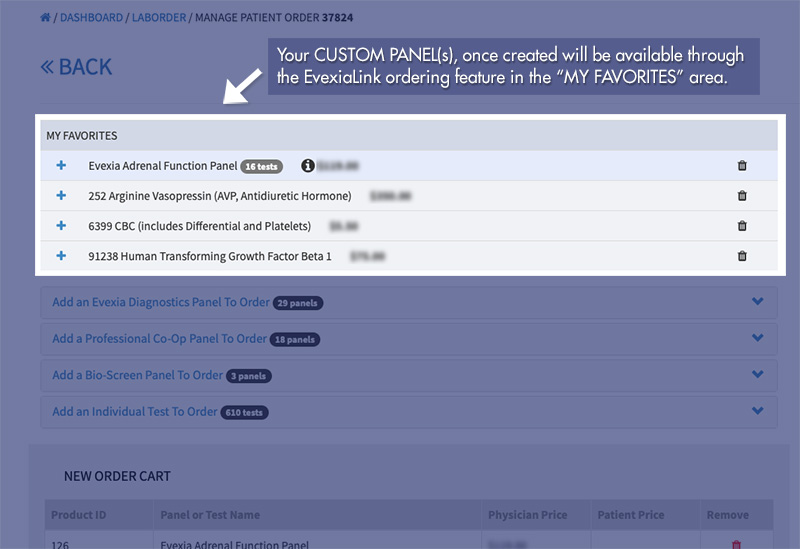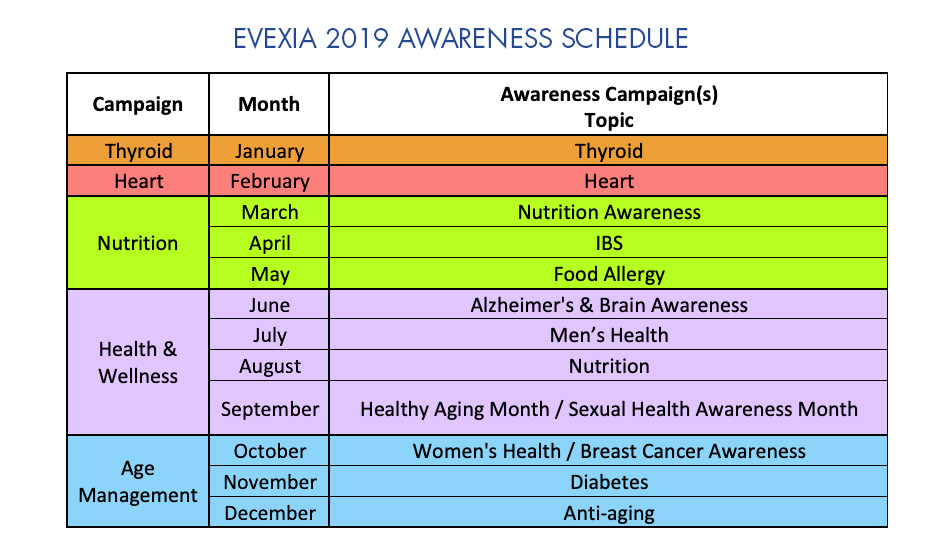Anemia is a fairly common condition, affecting both men and women of all ages, races, and ethnic groups. Some of the most common symptoms include general feelings of tiredness or weakness, pale skin, dizziness, and headaches. Other signs and symptoms that may develop as the anemia becomes more severe include a feeling of cold or numbness in the hands or feet, shortness of breath, fast or irregular heartbeat, and chest pain.
In general, the primary causes of anemia include an impaired or decreased production of RBCs by the bone marrow due to nutritional deficiency, bone marrow dysfunction, and loss of RBCs due to bleeding or increased destruction of RBCs such as in hemolytic anemia. Anemia can be mild, moderate, or severe, depending on how much the RBC count or hemoglobin levels are decreased.
Individuals at risk include those with poor diets, malabsorption, maldigestion, or chronic diseases such as kidney disease, diabetes, cancer, inflammatory bowel disease. Also at risk are those with a family history of inherited anemia or chronic infections such as tuberculosis and HIV, as well as those who have had significant blood loss from injury or surgery.
The Evexia Diagnostics Basic Anemia Profile includes a CBC, ferritin, folate, total iron-binding capacity with iron, reticulocyte count, vitamin B12, and methylmalonic acid. The reticulocyte count can help determine if an individual is producing enough red blood cells (RBCs) and can help determine the cause of different types of anemia.


